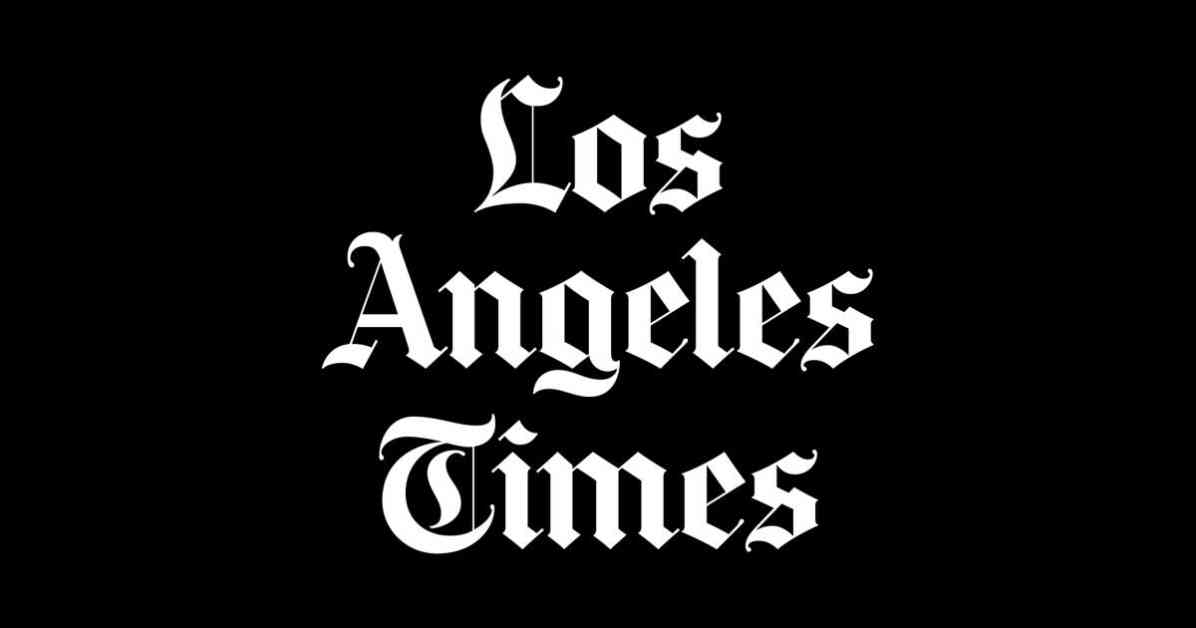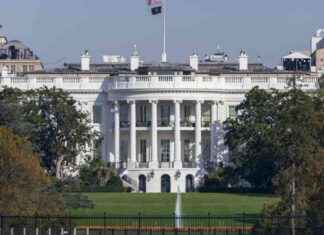Israel’s Strategy Before Trump’s Presidency: Escalating Gaza and Hezbollah Conflicts
President-elect Donald Trump has been actively engaging with Israeli Prime Minister Benjamin Netanyahu since the election results. Netanyahu received congratulations from Trump and they have been in frequent phone conversations. Trump’s message to Netanyahu was to resolve conflicts in Gaza and Lebanon before his inauguration on Jan. 20. This has sparked speculation that Israel might announce cease-fire agreements as a gesture to the incoming president. However, there are concerns among diplomats and analysts that Israel may intensify the conflicts in Gaza and Lebanon during the transition period as the U.S. changes administrations.
Netanyahu has about 70 days to maximize the damage against Hamas militants in Gaza and Iran-backed Hezbollah in Lebanon. Some Israeli officials are viewing Trump’s victory as an opportunity to annex territory in the occupied West Bank, which is home to 3 million Palestinians. This move would be considered illegal under international law. Trump’s nominations for key positions such as former Gov. Mike Huckabee as ambassador to Israel and hard-line pro-Israel hawks in his administration signal a supportive stance towards Israel’s actions.
The conflict between Israel and Hamas in Gaza began when Hamas attacked southern Israel in 2023, resulting in casualties and hostages. While cease-fire talks have stalled, there are concerns that Israel might escalate bombings in the region. With the U.S. in a political transition phase, Israel may feel less pressure to restrain its military actions in Gaza. Despite previous expectations, the Biden administration is not likely to take a tougher stance against Israel in its final weeks.
In addition to the Gaza conflict, efforts to secure a cease-fire between Israel and Hezbollah in Lebanon have intensified. Israeli airstrikes have targeted Hezbollah-dominated areas, leading to casualties including senior Hezbollah officials. The conflict between Israel and Hezbollah, which started in 2023, has escalated with both sides engaging in military actions resulting in significant human losses.
As the situation in Gaza and Lebanon remains tense, residents in these regions are skeptical about any positive outcome under the current political circumstances. The lack of significant intervention from the outgoing U.S. administration and the incoming administration’s signals of support to Israel raise concerns about the escalation of these conflicts. The residents of Gaza and Lebanon continue to face uncertainty and challenges as the conflicts persist.
In conclusion, the dynamics between Israel, Gaza, and Hezbollah are complex and volatile, with the potential for further escalation in the absence of international intervention. The evolving political landscape in the U.S. and the Middle East will play a crucial role in shaping the outcomes of these conflicts. The impact of these conflicts on civilian populations underscores the urgent need for diplomatic efforts to achieve lasting peace and stability in the region.



























